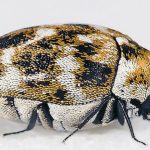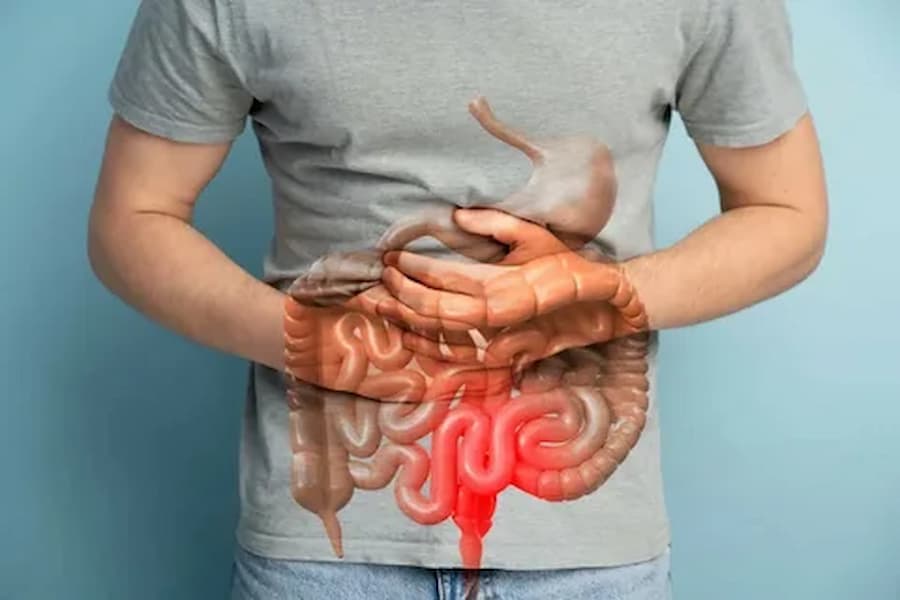Earlier gut health was best taken into consideration with the troubles of the digestive gadget, but within the recent past it’s miles an crucial a part of the general health. The human gastrointestinal microbiome is then a set of microbial groups that are living inside the human gastrointestinal tract and play different roles within the human device. . This article examines what really lies in your stomach and how all the ill-health experienced is as a result of a bad gut or microbiome. In other words this chapter provides exactly what you need to know about the microbiome.
Needed to Know about Your Gut Fluorescent Bacteria
Human gut microbiota is a mixture of trillions of microorganisms, viruses, fungus, and Archaebacteria living inside the gastrointestinal tract of man. Those microorganisms play a completely extensive role in digestion of meals, biosynthesis of vitamins and different vitamins as well as formation of protection limitations against most pathogenic organisms. Consequently, each person has his or her own microbiome which is determined by factors such as genes, diet and others. Microbiome in the gut is healthy and one that will increase immunity and the overall health of the body.
Gut-Brain Connection: They also want to know what part the microbiome plays in relation to a person’s state of mind.
It therefore means that the gut-brain axis refers to a two-way traffic between the gastrointestinal and the nervous system. Research of the past years indicates that the gut could be connected to anxiety, depression and other aspects of mental functioning. There is part of bacteria contained in the human body which exercises a direct impact on the activity of the brain and only that could be realized through compounds synthesized by the bacteria. For instance, research has given hints that some forms of the probiotics can be beneficial to instances of symptoms related to such diseases as depression and anxiety. And this leads me to think that you might possibly improve your mental wellbeing by improving the state of your gut microbiota.
Boosting Immunity: The Role of Gut Health in Immune Function
It is important also to note that gut health plays host to almost a third of the human bodies’ immune system. Gut associated lined tissue (GALT) composes with gut microbiota and mount an immune response against pathogens. When the balance is achieved, it helps the immune system to improve the production of antibodies and prevent occurrences of inflammation. Findings reveal that the presence of a diversity is likely to reduce one’s vulnerability to autoimmune diseases and infections. Adding foods containing probiotics and consuming the foods high in fiber will have a positive impact on the immunity levels.
Digestive Health: Diesgive health of the main issues that people experience as a result of an imbalanced microbiome are highlighted below along with some suggestions on how your Microbiome can assist.
It is a well-established fact that a variety of gastrointestinal disorders like bloating, constipation, and IBS are linked with an improper balance of microbiota. The microbiome also helps in digestion of complex carbohydrates and forms beneficial compounds such as the short-chain fatty acids. Disruption of the conventional flora of the gut results in gastrointestinal disorders such as leaky gut syndrome. Probiotics and prebiotics can eventually aid in the enhancement of balance and also reduce effects. As well, a diet containing fruits, vegetables, and whole grains is good for the microbiome of a body.
The Impact of Diet: Back to article Foods That Feed and Kill Friendly Bacteria
Many factors influence microbiome, however, diet stands out as the most dominant. In this category we have fruits, vegetables, legumes, as well as whole grain products that have a beneficial effect on the growth of the Probiotic bacteria. However, consumption of sugar and processed foods, together with artificial sweeteners results in the decrease in microbial richness. A ratio diet that incorporates plant based foods assists in avoiding dysbiosis which is a state whereby bad bacteria outcompete the good ones.
Probiotics vs. Prebiotics: The Way They Enhance the Gut’s Health
Probiotics are living microorganisms which are useful in the body and are mainly gotten from foods such as yogurt, kefir, and fermented vegetables. They can help to regain the balance of microflora in the gastrointestinal tracts persistently. Prebiotics, on the other hand, are friendly bacteria, other than the seven types named above, that are available in foods such as garlic, onions, and bananas that cannot be digested. They are regarded as foods for the useful bacteria thus assisting them to grow.
Probiotics and prebiotics are used hand in hand since both help in the promotion of good health in the gut. Symptoms of both consist if they are eaten in moderation help to balance the microbes in our gut and hence improve digestion.
Antibiotics and Your Microbiome: Ways to Garden after Losing Focus and Becoming Off-Balance
Antibiotics on the other hand as a weapon of Enhanced Description against bacteria have the disadvantage of disrupting the normal bacterial flora through completely eliminating the beneficial bacteria alongside the bad ones. This disruption leads to problems that affect the digestive system and at the same time improves the likelihood of acquiring infections. If you wish to rectify the drawn out balance of the microbiome after taking antibiotics it is recommended that you take foods that are rich in probiotics, and other friendly bacteria to the
Visit Varietymagzine for more











